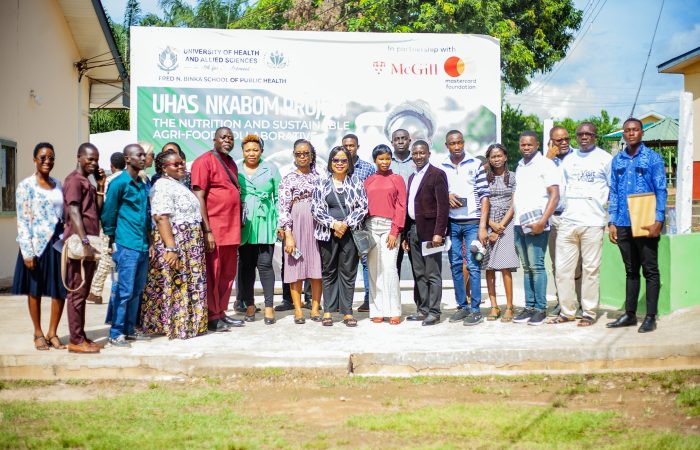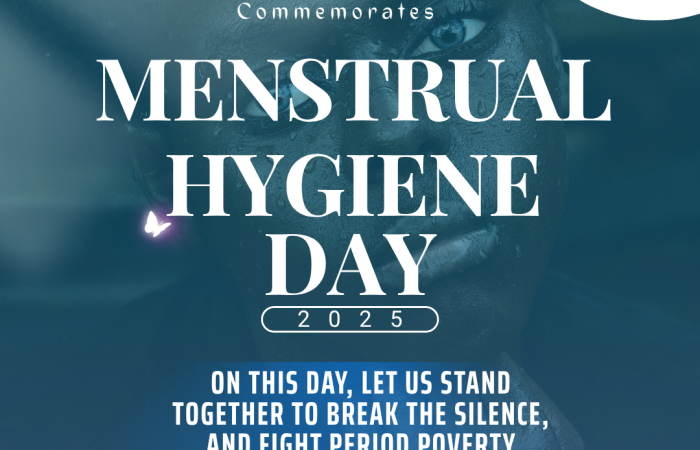DDP Patience Baffoe – Bonnie, a member of the Women’s Commission of the Ghana Olympic Committee (GOC) has emphasized that women and girls must be active participants and leaders in sports organisations, clubs and federations.
She noted that the impacts of COVID-19 are already being felt very hard by women and girls in many areas of life due to gender inequalities, and they must be among the decision makers in the recovery process.
The former athlete and basketball player supported the UN Women’s Policy Brief called “COVID 19, Women, Girls and Sport: Build Back Better” which points out that “existing gaps between women and men, girls and boys in both elite and grassroots sport may widen if governments, sport organizations, sponsors, civil society, athletes, media and UN agencies do not put women and girls at the centre and address their specific needs in response and recovery plans”.
Informed by the Sports for Generation Equality Framework, a multi-stakeholder coalition launched by UN Women and the International Olympic Committee (IOC) in March to advance gender equality, the document focuses on the impacts of the pandemic on women and girls in sport in five key areas: Leadership, Gender-Based Violence, Economic Opportunities, Media Participation and Representation, and Girls’ Participation in Sport.
The report presents a set of recommended actions that members of the sports ecosystem can take both during the current crisis, and in the planning for recovery and beyond. For sports organisations, the recommendations are the following:
– Continue to invest in women’s sport
Include women in the creation and implementation of recovery plans
– Conduct extensive consultations with women and men (athletes, coaches, referees, medical teams and other sports professionals) to better understand how they are being affected differently by the crisis and respond accordingly
– Engage male athletes, journalists, coaches and other male allies to champion women’s sports
– Use high profile people to raise awareness about the gender dimensions of the crisis
– Invest in and implement safeguarding policies
Both on and off the field of play, all stakeholders in the Olympic Movement have been working tirelessly towards better gender balance. This commitment remained intact amid the current pandemic and its effects on all spheres of society.
Sport is one of the most powerful platforms for promoting gender equality and empowering women and girls.
She recalled that the number of women competing at the Olympic Games has significantly increased – from 34 per cent at Atlanta 1996 to an expected new record of 48.8 per cent at Tokyo 2020 and a commitment to reach full gender equality for the Olympic Games Paris 2024. The IOC has also changed the rules to allow one male and one female athlete to jointly carry their flag during the Opening Ceremony, and encourages all National Olympic Committees (NOCs) to make use of this opportunity.
Meanwhile, the IOC has also taken a prominent role in promoting gender equality within its leadership by bringing up its female membership to 37 per cent by the end of the year, going above the set target of having 30 per cent of decision-making positions held by women by 2020.
Recently, the IOC announced the composition of its commissions, with 47.7 per cent of positions held by women, a concrete outcome of the Olympic Agenda 2020 reforms.
This momentum has been continued with collaboration with all the stakeholders of the Olympic Movement to ensure that gender equality remains high on their agenda despite the impact of the COVID-19 crisis.
DDP Patience Baffoe – Bonnie called for more engagements either on webinars and virtual workshops dedicated to gender equality to carry on the conversation with its stakeholders and ensure that efforts are deployed in an integrated manner.
She said the role of sport as a powerful enabler to foster gender equality is essential and must be utilized.
“Women in sport should not be left behind in the salvaging process. There are many susceptible people and they need to be taken into consideration, the pandemic is real and every life is important” said added.
Credit: NewsGhana



Your point of view caught my eye and was very interesting. Thanks. I have a question for you.